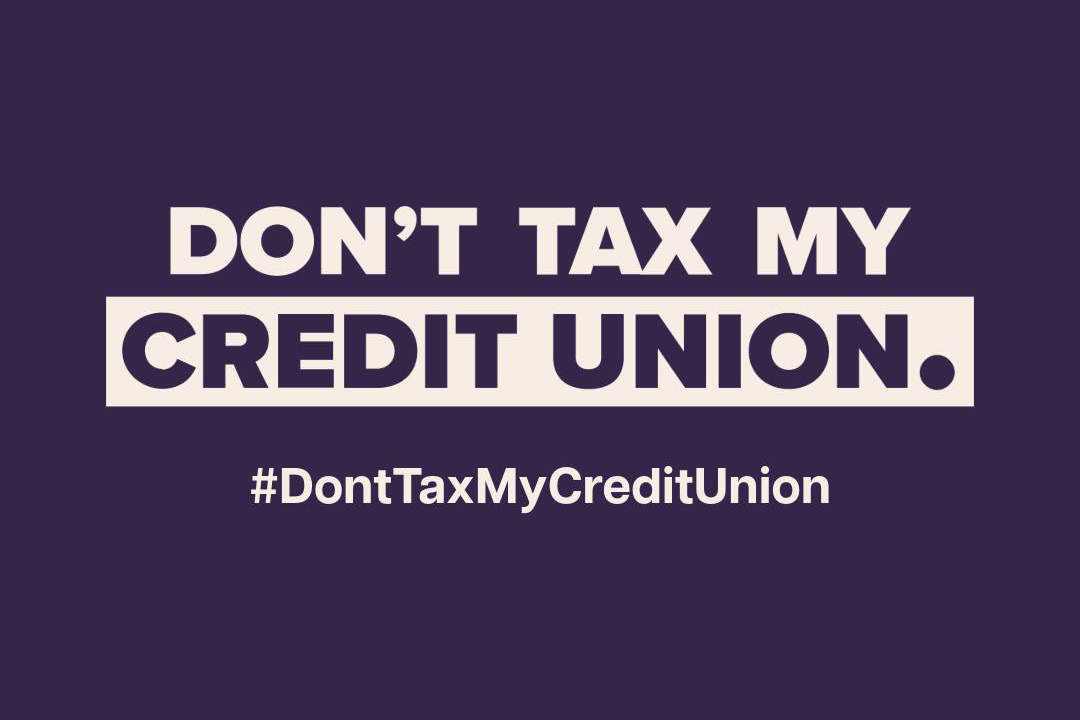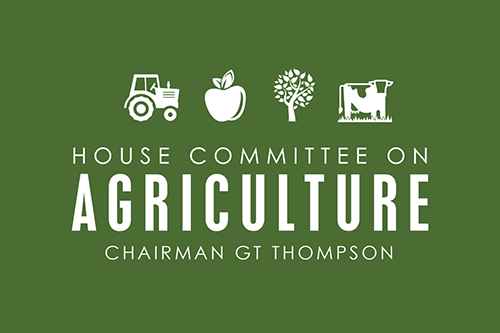An earlier version of this article reported that SBA’s Economic Injury Disaster Loans would not require a personal guarantee. As of Wednesday, March 18, SBA confirmed personal guarantees are required for Economic Injury Disaster Loans made to small businesses. Private non-profits are exempt from the personal guarantee requirement. NCBA CLUSA still encourages cooperatives to apply as SBA is likely to experience an influx of applications. For the latest information, contact our Director of Government Relations Kate LaTour at klatour@ncba.coop or (202) 460-8260.

On March 6, 2020, the Coronavirus Preparedness and Response Supplemental Appropriations Act was signed into law. In addition to robust funding for public health programs, this legislation makes available approximately $7 billion in low-interest loans issued by the Small Business Administration to businesses and private non-profits experiencing economic impact as a result of the Coronavirus outbreak.
The Small Business Administration offers Economic Injury Disaster Loans (EIDLs). These loans may be used to help businesses meet financial obligations and operating expenses that would have otherwise been met had the business not faced economic injury as a result of the outbreak. This includes working capital to resume normal business operations, payment of fixed debts, payroll and accounts payable. These loans may not be used to replace lost sales or revenue.
As of March 17, SBA has amended eligibility for these loans so that disaster assistance loans will be available statewide following a governor’s certification of economic injury. A governor is only required to certify that at least five small businesses across the state have experienced economic injury. An updated list of disaster declarations is available here: https://disasterloan.sba.gov/ela/Declarations/Index. Note that a governor must provide written certification of disaster to the federal government, so there may be a delay from the time of an announcement and official certification.
Currently, there are some uncertainties and contradictions related to the eligibility of cooperative businesses. NCBA CLUSA is working closely with the Small Business Administration and Congress to clarify these issues and ensure that cooperative businesses have equal access to federal disaster assistance.
Given the inconsistencies in SBA’s guidelines, NCBA CLUSA is encouraging cooperative businesses located in eligible states that are experiencing economic distress to apply for Economic Injury Disaster Loans. The loan application can be accessed here: https://disasterloan.sba.gov/ela/
EIDLs are available for nine months beginning the day after a disaster declaration is certified. SBA is likely to receive many loan applications, so the economic impact worsens, it may take longer for SBA to process applications.
The required forms can be accessed: https://disasterloan.sba.gov/ela/Information/PaperForms.
The basic filing requirements include:
- Electronic Loan Application (Form 5)
- Tax Authorization (Form 4506-T) 20% Owners
- Most recent Business Tax Return
- Personal Financial Statement (Form 413) 20% Owners
- Schedule of Liabilities (Form 2202)
- Additional filing requirements (Form 1368) may require providing the business’s history of cash flow through the previous three years of financial statements and tax returns
Terms of the loan are determined on a case-by-case basis and a business’s ability to repay. SBA does not require collateral on loans of $25,000 or less. Loans over $25,000 must be collateralized to the extent possible, but a loan application may not be declined for a lack of available collateral.
Hopefully, co-ops in need of financial assistance will be swiftly approved for EIDLs.
If a loan application is denied, the business can submit an appeal. If your co-op is denied an EIDL because it is a cooperative business, please let NCBA CLUSA know, as we are closely tracking these issues.
If your co-op is denied a loan application because of its incorporation as a cooperative business, NCBA CLUSA strongly encourages your co-op to contact the U.S. Representative that represents the district where your co-op is located. You can find that Representative here: www.house.gov. Members of Congress have staffers dedicated to helping constituents navigate federal agencies. While Members of Congress cannot ask SBA to make a specific determination, Congress has an oversight obligation to ensure that SBA is upholding its mission to “aid, counsel, assist and protect, insofar as is possible, the interests of small business concerns.”
Please reach out to Kate LaTour with any questions or updates on your co-op’s loan application status by email at klatour@ncba.coop or by phone at 202-460-8260.
For more information and resources for cooperative businesses in the midst of the Coronavirus outbreak, visit https://ncbaclusa.coop/covid-19-resources/.
More information on SBA’s available resources is available here: https://www.sba.gov/page/coronavirus-covid-19-small-business-guidance-loan-resources and a directory of local SBA staff is available here: https://www.sba.gov/local-assistance


